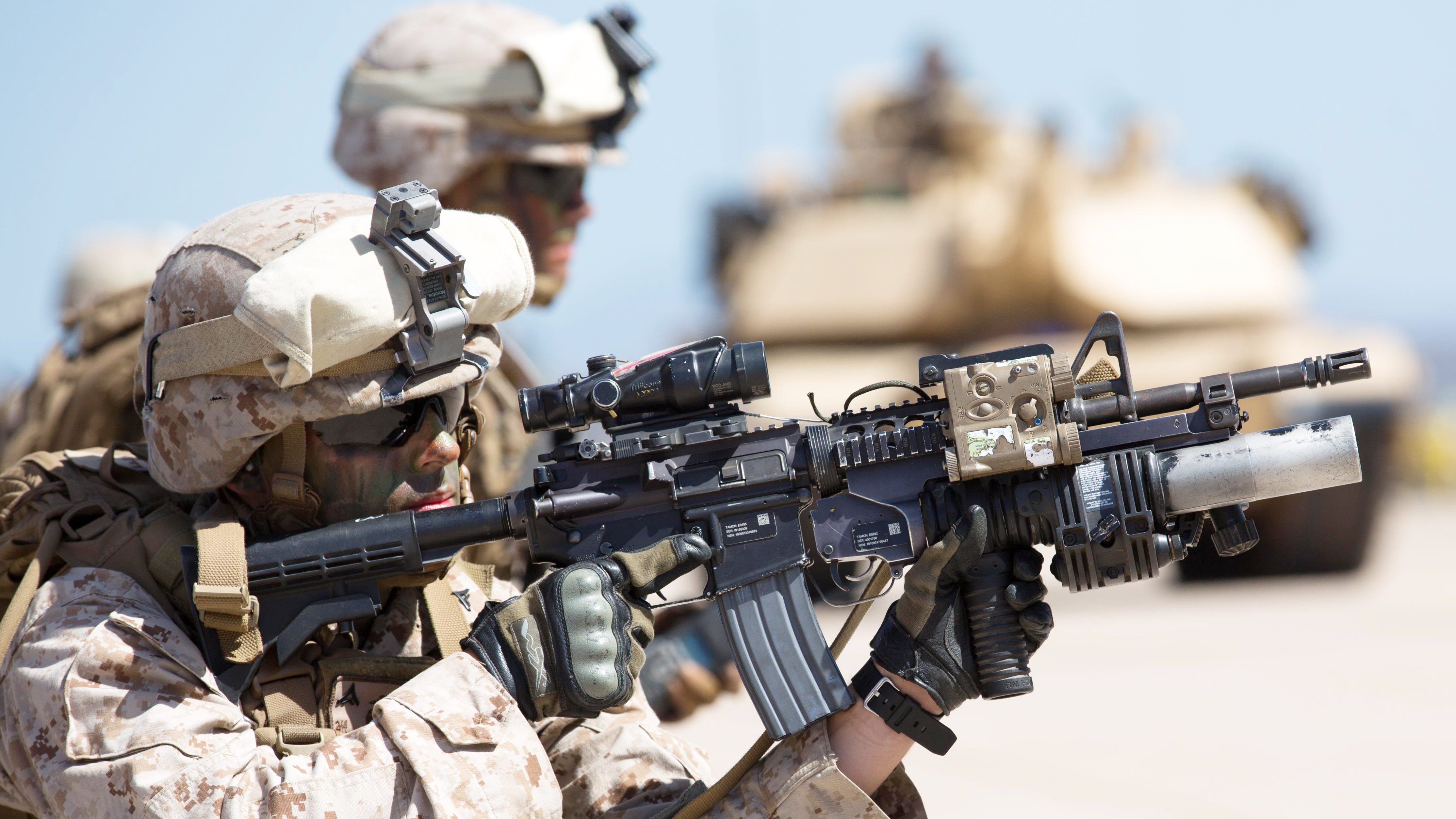First US military base gets Verizon 5G
MCAS Miramar is the first US military base to test Verizon’s Ultra Wideband Service, as it trials defense-based use cases for 5G.

In May 2020, the US Department of Defense published its 5G Strategy, where it earmarked 5G as being a “critical” technology for the “long-term economic and military advantage of the United States”.
And as part of its commitment to using 5G technology in the future, the US Marine Corps has partnered with Verizon to bring its Ultra Wideband Service to Marine Corps Air Station (MCAS) Miramar, in California, to explore ways that the military can improve operations in areas ranging from communications to base security.
"At Miramar, we are focused on collaboratively exploring 5G-enabled technology in the areas of energy management, connected vehicles, drones, and base security."
Lt. Col. Brandon Newell, Marine Corps.
“We are excited to explore the art of the possible with 5G Ultra Wideband’s high bandwidth, fast speeds and low latency,” said Lt. Col. Brandon Newell, Director of Technology and Partnerships for the Marine Corps Installation Next program. “This is a critical step to accelerate the nation’s 5G aspirations. At Miramar, we are focused on collaboratively exploring 5G-enabled technology in the areas of energy management, connected vehicles, 5G drones, and base security.
“This effort is critical to national security. The establishment of this 5G living lab expedites the nation’s ability to leverage 5G for national defense.”
First base to get Verizon 5G
MCAS Miramar is the first military base in the United States to get access to Verizon’s 5G Ultra Wideband service, which it says will act as a “living lab,” providing the military and its partners in the DoD with the opportunity to test new 5G use cases. And according to the DoD strategy report released in May, this could include anything from autonomous weapons systems to improved comms.
“Tomorrow's warfighters will use local and expeditionary 5G networks to move massive amounts of data to connect distant sensors and weapons into a dense, resilient battlefield network,” said the DOD’s 5G Strategy report. “Low-latency communications will enable new generations of unmanned and autonomous weapons systems across all domains. The US military must learn to utilize the connectivity provided by 5G to operate with the speed, precision, and efficiency necessary to remain effective and survivable in the future.”
There are currently 15,000 service members stationed at MCAS Miramar, as well as the 3rd Marine Air Wing and the 5th Generation F35-C. And with Verizon Ultra Wideband, the US military is hoping to create a blueprint for future “smart bases”.
SIGN UP FOR E-MAIL NEWSLETTERS
Get up to speed with 5G, and discover the latest deals, news, and insight!
“We’re thrilled to partner with MCAS Miramar to create a 5G test bed where we can work together to develop new uses cases that improve cybersecurity, enhance the use of unmanned ground systems and drone delivery, and more,” said Andrés Irlando, senior vice president and president, Public Sector and Verizon Connect at Verizon. “Verizon’s 5G Ultra Wideband network is built to support transformative experiences and we’re proud it will play a critical role in evolving national defense technologies.”
- Discover the best 5G networks in the UK and US
- Get your hands on the hottest 5G phones
- Millimeter wave: the secret sauce behind 5G
- The complete guide to 5G security
- We reveal the latest 5G use cases
- Discover the truth behind 5G dangers
- 5G towers: everything you need to know
Dan is a British journalist with 20 years of experience in the design and tech sectors, producing content for the likes of Microsoft, Adobe, Dell and The Sunday Times. In 2012 he helped launch the world's number one design blog, Creative Bloq. Dan is now editor-in-chief at 5Gradar, where he oversees news, insight and reviews, providing an invaluable resource for anyone looking to stay up-to-date with the key issues facing 5G.

